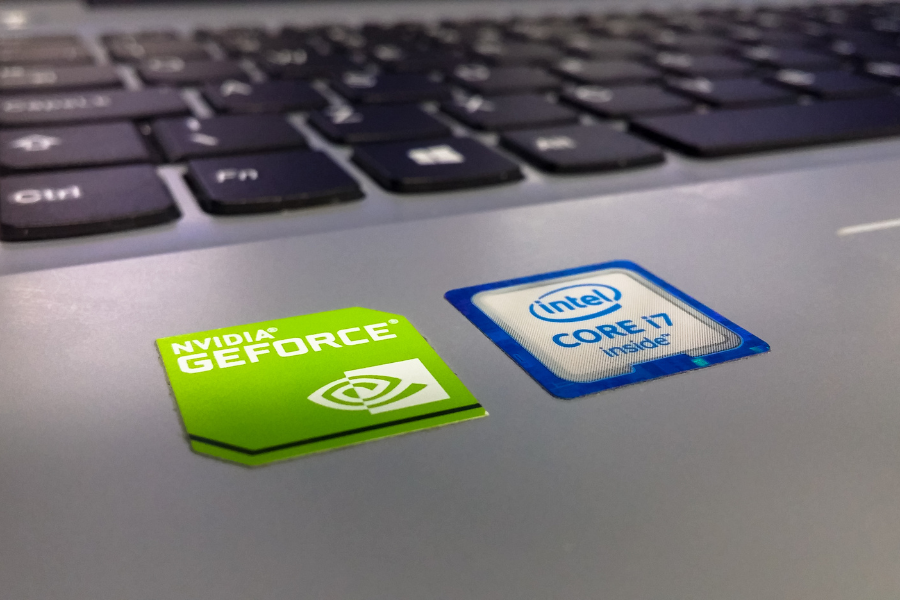Intel, the darling of the computer age, once led the way in chip technology. But in the era of AI, things have taken a different turn. About seven years ago, Intel had a golden opportunity to invest in OpenAI, the now-giant in generative AI behind ChatGPT. But they missed the boat. Let’s break down what happened and how it reshaped the tech landscape.
It’s August 11, 2024, and you’re listening to The Tech Pulse!
Back in 2017 and 2018, Intel executives were in talks with OpenAI, then a fledgling non-profit research organization.
The discussions were about Intel buying a 15% stake in OpenAI for $1 billion in cash, with an option to take another 15% if they made hardware for OpenAI at cost. But then-CEO Bob Swan decided against the deal, believing that generative AI models wouldn’t make it to market soon enough to justify the investment.
Intel’s decision was influenced by several factors. OpenAI was interested in the investment because it would reduce their reliance on Nvidia’s chips and allow them to build their own infrastructure. But Intel’s data center unit didn’t want to produce hardware at cost. So, the deal fell through.
And we all know what happened next.
OpenAI went on to launch the groundbreaking ChatGPT in 2022, and now it’s valued at around $80 billion.
Intel, on the other hand, has struggled to keep up in the AI race. Last week, Intel’s second-quarter earnings caused its stock price to drop by more than a quarter, marking its worst trading day since 1974.
For the first time in 30 years, Intel’s market value has fallen below $100 billion.
In contrast, Nvidia, which pivoted from video game graphics to AI chips, is now a $2.6 trillion giant.

Nvidia’s chips are essential for building, training, and operating large generative AI systems like OpenAI’s GPT-4 and Meta’s Llama models. Even AMD, with a market value of $218 billion, has outpaced Intel.
Dylan Patel, founder of semiconductor research group SemiAnalysis, said, ‘Intel failed in AI because they didn’t present a cohesive product strategy to their customers.’
For over two decades, Intel believed their CPUs could handle AI tasks more effectively than GPUs. But by the mid-2000s, it was clear that GPUs were far more efficient at handling the intensive data crunching necessary for AI.
Nvidia’s engineers spent years refining their GPU architecture to optimize it for AI uses, while Intel lagged behind. ‘When AI hit… Intel just didn’t have the right processor at the right time,’ said Lou Miscioscia, an analyst at Japanese investment bank Daiwa.
Since 2010, Intel has made multiple attempts to enter the AI chip market.
They acquired Nervana Systems in 2016 for $408 million and Habana Labs in 2019 for $2 billion. However, neither effort succeeded in making a significant impact against Nvidia or AMD. Intel even shut down Nervana’s operations in 2020.
Intel is now pinning its hopes on its third-generation Gaudi AI chip, set to launch later this year. CEO Pat Gelsinger claims it will outperform rivals and has 20-plus customers lined up. Additionally, Intel plans to launch its next-generation Falcon Shores AI chip in late 2025.
In the meantime, Microsoft stepped in and invested in OpenAI in 2019, propelling itself to the forefront of the AI revolution with the release of ChatGPT. This move cemented Microsoft’s position as a leader in AI, while Intel continued to struggle.
According to Lou Miscioscia, ‘Intel just didn’t have the right processor at the right time.’ This missed opportunity with OpenAI is just one example of how Intel’s strategy has faltered in the AI era.
So, there you have it.
Intel’s decision to pass on OpenAI has had far-reaching consequences.
As the AI landscape continues to evolve, Intel is working hard to catch up, but only time will tell if they can regain their former glory. What do you think? Can Intel make a comeback in the AI market? Let us know in the comments below.
That has been the Tech Pulse. Thanks for listening, and see you next time!
